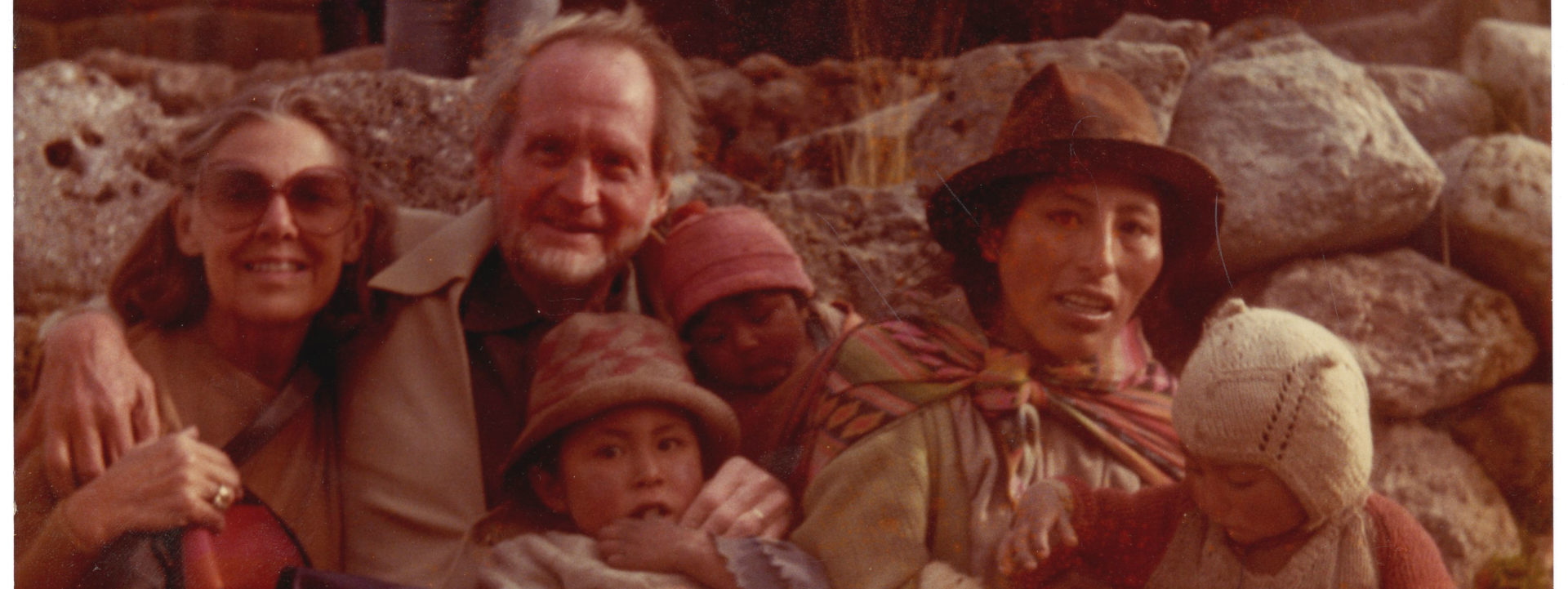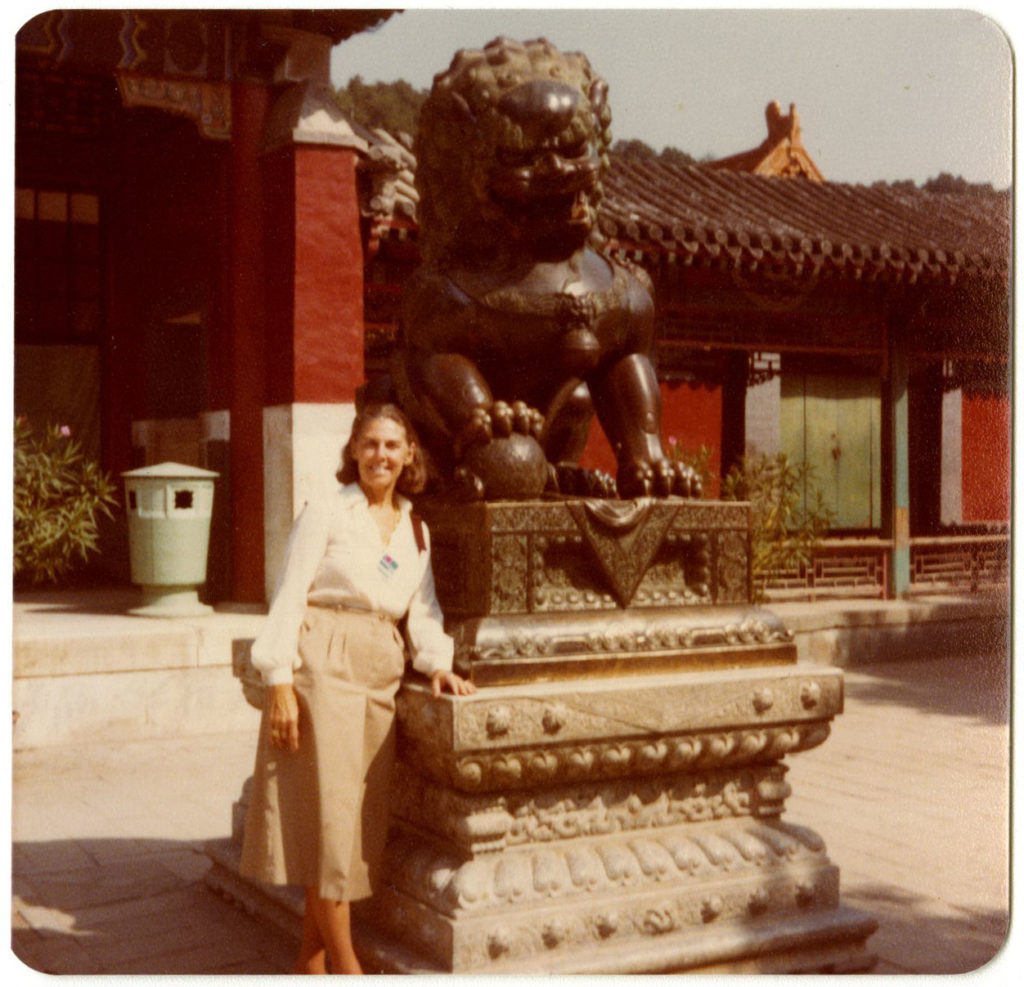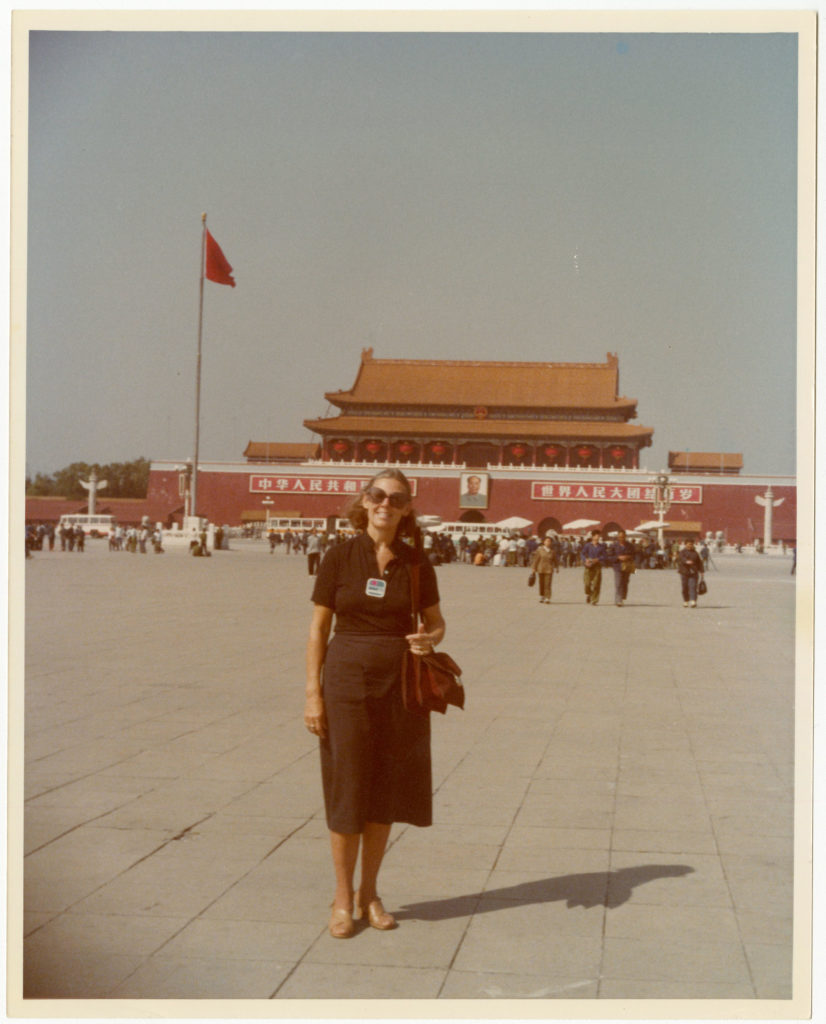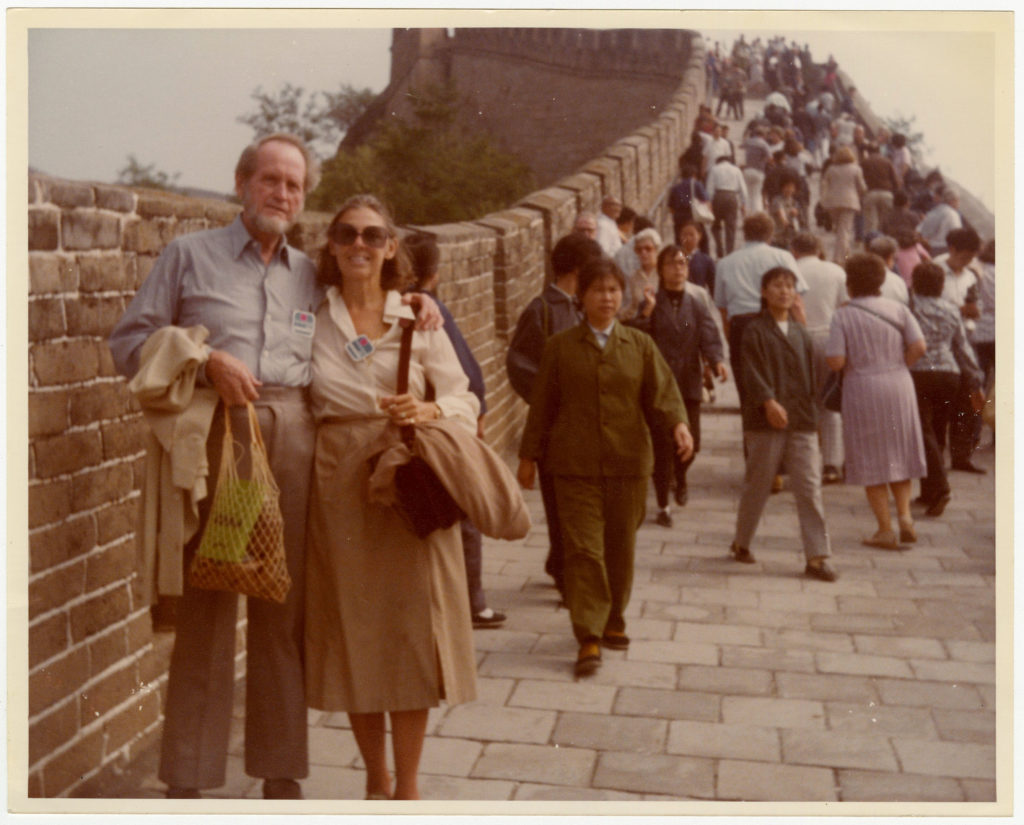In this journal we can see the perspective of a white female American traveling to a country in which political tensions are high. Unlike her Russia journal, Sybil depicts the process to enter the country quite vividly. In this journal we can also see Sybil developing as a writer, using stronger wording and more description.
Before entering the country of China, Sybil writes about the extensive customs process required before her travel. Her fears about entering China were prompted by a photography exhibit depicting “Imperial China 1846-1912” in which she saw a photo of three women locked in torture device for disobeying. In accordance with Said’s theory of Orientalism, the expected response would have been repulsion and a sense of considering this culture as below what Sybil accepts as normal, which is, as we know, the white American privileged perspective. However, Sybil reacted differently, stating that the attitude of the guards were efficient and dignified, friendly and warm open-minded people. Clearly her first impression of Chinese people lifted her preconceived notions.
Sybil spared no detail in describing this process, right down to the colors of the walls. After a health check, several waiting rooms, money exchange using an actual abacus, and lunch, Sybil and Cliff board a train to Canton from the border of China and Hong Kong.
Sybil’s perception of the Chinese people before visiting came not only from a single photography exhibit but instead from many art sources, guidebooks, and even quotes a Chinese author on the inside perspective of what Chinese people think about tourists, “Throughout the ages, the Chinese have had only two ways of looking at foreigners: up to them as superior beings or down on them as wild animals. They have never been able to treat them as friends, to consider them as people like themselves.” This perception may have been caused by Said’s theory of Orientalism, however using this quote to express how the native population feels about her own existence as a traveler in China, Sybil has stepped outside of the colonialist sphere and instead brought the outsider perspective into her own world.
Sybil’s first stop in Canton, of course, is a five-floor museum specializing in the history of China. Next the couple took a drive through the countryside. Sybil’s language in describing what she sees is positive, colorful, and uplifting, insinuating the respect and admiration she had for the everyday Chinese people.
Next Sybil and Cliff fly to Peking. Sybil chose to write specifically about one morning when she woke up before dawn. Unable to speak the language, Sybil motioned several Tai-Chi moves to her hotel clerk and a taxi was called to take her to the Shen Wu Men gate. Outside this large structure, twenty to thirty people formed a Tai-Chi group and exercised before biking off to work. After watching from her cab for a while the driver slept, Sybil returns to her hotel.
The next stop in her travels is the infamous and massive Tiananmen Square. Sybil writes that before visiting this interesting landmark she had only felt dwarfed by two sites: St. Peter’s Square in the Vatican City and the Karnak Temple of Amun, ancient Egyptian ruins. Her description of the Square is extensive, pointing out each building and how the Square would have been used in ancient times. When leaving the Forbidden City, Sybil writes that she appreciates the generosity of present leaders of China for allowing this location to be visited.
After a brief history of its beginnings, Sybil and Cliff visit next the Great Wall of China. While she does write that visiting the wall is an awesome experience, Sybil decided instead to focus on the reactions of other travelers in her group: a woman moved to tears when she remembered the lives lost in the creation of the Wall, another woman who connected with God more than ever, a jogger passing by oblivious to the beauty surrounding them, and a poet mailing post cards back to her family. This is an example of how Sybil is developing as a travel writer, speaking not only about herself but accounting for the emotions of travelers around her. Every traveler interacts with a destination differently and Sybil shows that in this journal.
Before leaving China, Sybil stops at a few souvenir shops and buys a pair of the modest Mary Jane shoes every woman had been wearing in China at the time. In closing this journal, Sybil includes a quote from Belgian Sinologist Pierre Ryckmans who, during the Mao regime, insisted that China had closed their doors. In response, Sybil writes, “The doors to China are now open – or ajar. Have the people of China once again found in its leaders the “mandate of Heaven”?”



